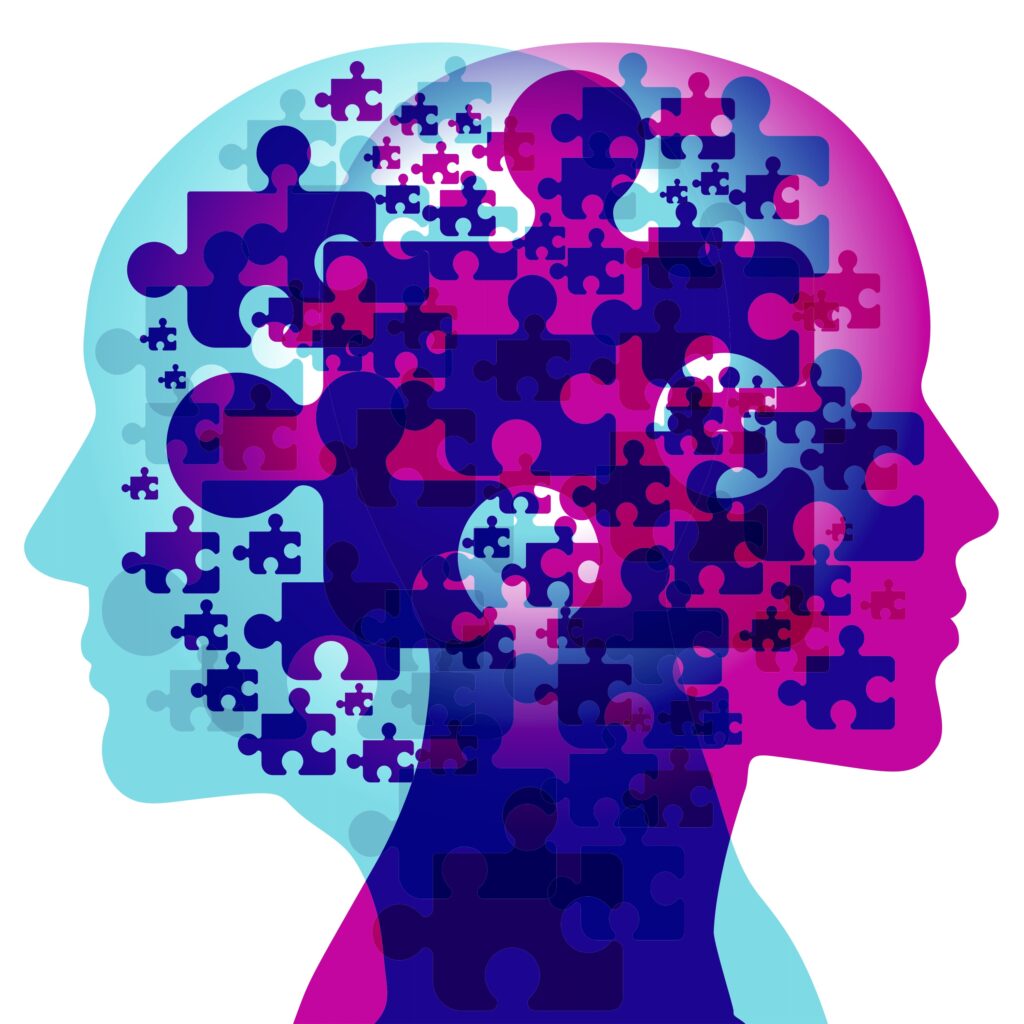
By Omer Bin Abdullah
July/August 2022
Mental Health Awareness Month — May — got off to a bad start this year: a shooting in South Carolina, in Buffalo (May 14, 14 deaths) and Uvalde (May 24, 22 deaths), and the 18 more happenings.
Among the results were increased gun sales and calls for new and/or stricter gun control laws. Thousands protested the NRA’s convention, held on May 27-29 in Houston. Second Amendment supporters blamed Uvalde on mental issues rather than the ease with which Americans can get almost any type of weapon.
Some officials said that the Uvalde killer did not have a mental health report, which means nothing. Perhaps because his parents didn’t want to deal with the associated stigma.
Gov. Greg Abbott (R-Texas) also blamed mental health issues but offered no evidence to support this assertion. Interestingly, Texas ranks worst in the nation in terms of mental health care access, and the governor has been accused of diverting “$211 million from the department that oversees the state’s mental health issues money away from agencies in Texas that oversee mental health programs”.
The gun lobby maintains that further gun control laws are useless. The Washington Post (June 19, 2018), cited the Small Arms Survey, a project of the Graduate Institute of International and Development Studies in Geneva: There are more than 393 million civilian-owned firearms in the U.S. The New York Times (April 2020) said about 2 million guns have been sold since Covid-19 started. As of 2021, the U.S. population stood at 331.9 million.
Muslim Americans’ attitudes toward mental health may finally be changing. Islam urges us to look for cures and live peacefully with others. Mental health plays a big role in realizing that vision and in our overall well-being.
Abu Darda (radiyallahu ‘anh) narrates: “The Messenger of God said, ‘God has sent down both the disease and the cure, and He has appointed a cure for every disease, so treat yourselves medically, but use nothing unlawful’” (“Sunan Abu Dawud,” Tibb 11, [3874]). Notice that he didn’t qualify “disease” with “physical.”
Given Muslims’ status as “a middle nation” (ummatan wasatan; 2:143), we need to work with both lobbies to help balance our unbalanced society — at least in this regard.
On April 10, Prime Minister Imran Khan fell victim to regime change. The loyalty of several party members was bought by opponents of his steering Pakistan toward an independent course. Is this a repeat of Mohammad Mossadegh’s overthrow, the Shah’s re-ascent to his throne and the subsequent Islamic Revolution that replaced a close ally with a implacably hostile nation?
Usually, the U.S. administration condemns the suppression of peaceful protests anywhere in the world. But when the new regime brutalized participants in Imran Khan’s May 25th Islamabad rally, there was only silence. None of the foreign-funded NGOs have yet spoken out. One can only wonder why.
The South Asia Citizens Web’s “A Report on the Infrastructure of Hindutva Influence Peddling, Mobilizing and Fund Raising in the US, 2014-2021” reveals that ideology’s vision for India’s Muslims, Christians, Sikhs and Dalits. It also exposes what Hindutva’s followers have been up to in this country.
Monia Mazigh analyzes the French elections, which the ever-so-Islamophobic Emmanuel Macron won, and notes that the political ascent of Marine Le Pen, the greater Islamophobe, continues — a fact that doesn’t bode well for Muslims.
God willing, ISNA will host its 59th Convention — “Resilience, Hope, & Faith: With Hardship, Comes Ease” (94:6) — in Chicago over Labor Day weekend. We hope to see you at this in-person weekend of shared hope and resilience as we go forward.
What did you think about this article? Send comments and story pitches to horizons@isna.net. Islamic Horizons does not publish unsolicited material.